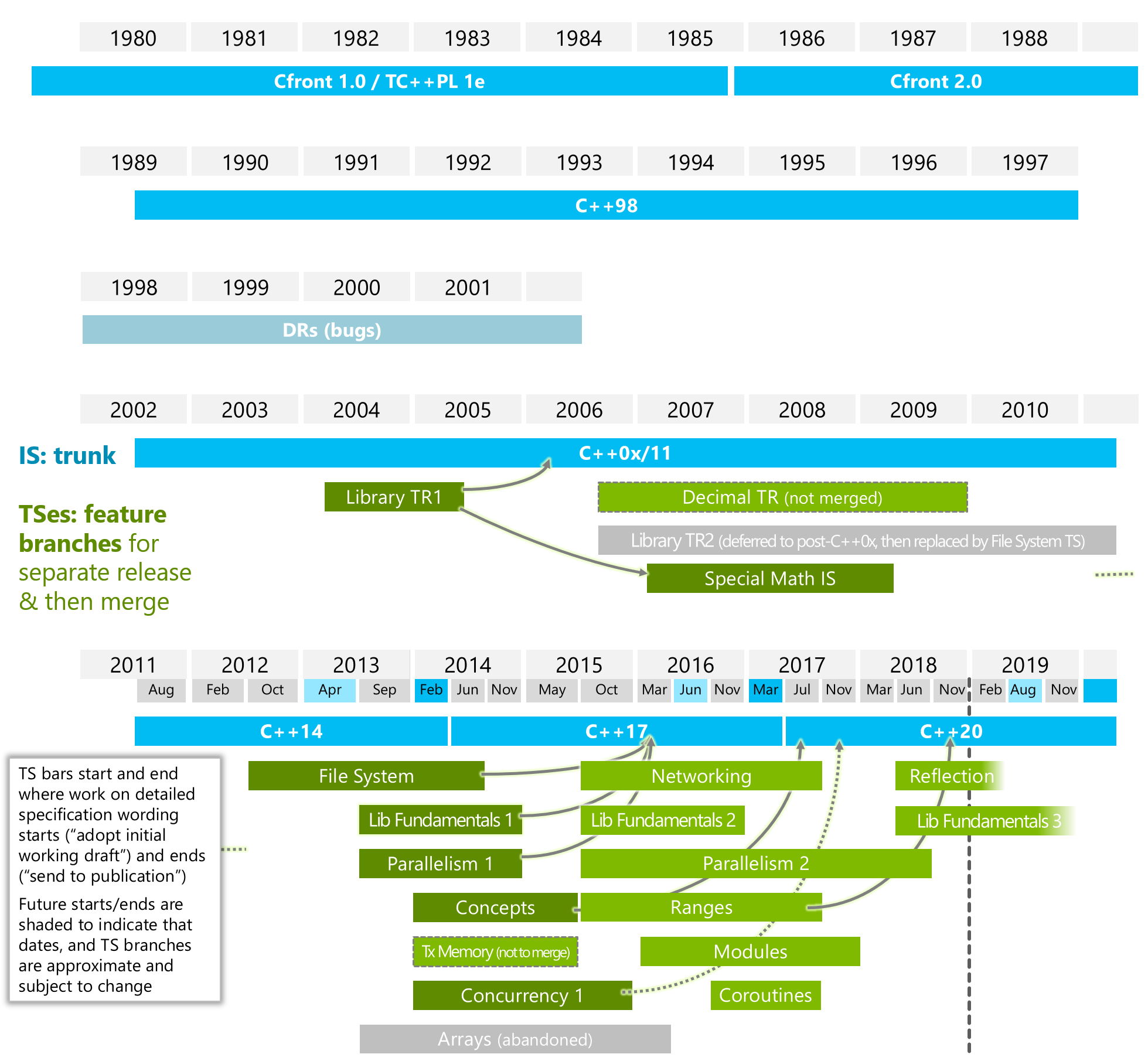Using C++ Coroutines to simplify async UWP code--Eric Mittelette
The async pattern needed to write UWP apps (or simply "Universal apps") is not so easy to grasp, especially in C++. Eric from the Visual C++ team explains how the experimental Coroutines feature available in Visual Studio 2015 helps simplify async UWP code:
Using C++ Coroutines to simplify async UWP code
From the article:
C++ Coroutines can simplify your async code, and make the code easy to understand, write, and maintain...

